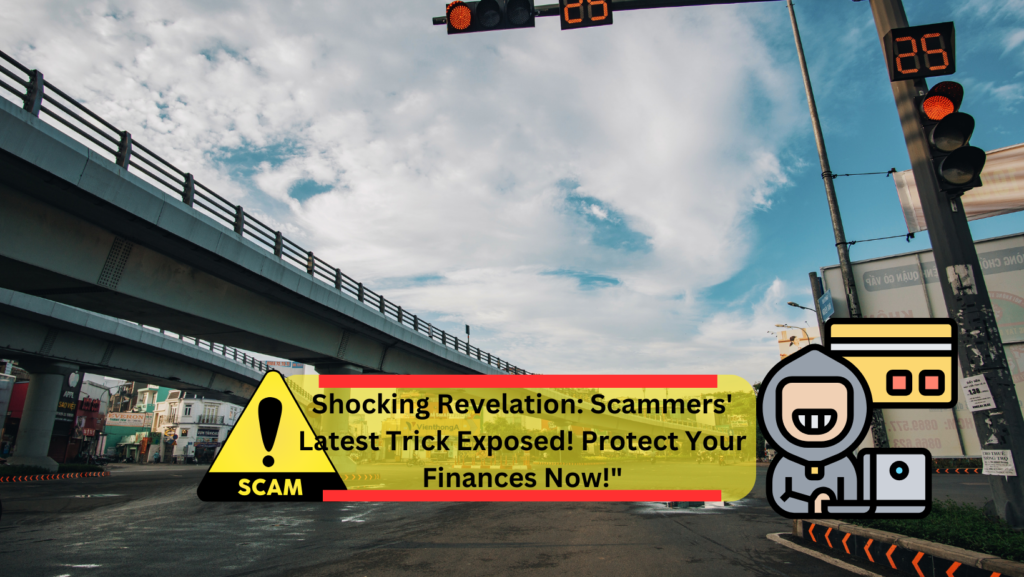Scammers are targeting citizens by sending fake e-challan links and creating exact replicas of government websites. With the increase in cybercrime, police are taking steps to educate people on how to avoid falling victim to these fraudsters.

Distinguishing between a fake and a genuine e-challan for traffic violations is relatively simple. A genuine challan will include complete ownership, vehicle, and violation details, while a fake one typically only has a random challan number and a payment link.
So, what should you do if you receive a fake e-challan?
- Visit the Parivahan website at https://echallan.parivahan.gov.in/ and attempt to download the challan. A genuine challan can be easily downloaded from the official website. If it cannot be downloaded, it is likely fake. If the official website does not have any challan details, it is definitely fake.
- Check the domain of the link provided in the suspicious e-challan. If the domain does not end with “gov.in,” it is likely fake. A genuine challan will include complete vehicle and owner details, along with a photograph of the vehicle and violation details.
- Do not click on any suspicious links provided in the e-challan message, as it may compromise your bank and card details.
DSP Traffic Police, Panchkula, Surender Singh, advises, “Avoid clicking on the link provided at the end of e-challan SMS. Call the police on the helpline to verify the challan. We do not share any links in messages.” He also noted that the number of e-challan fraud cases has been increasing.
Several individuals in Panchkula have already fallen victim to this scam, and the Cyber Crime wing is investigating these cases.
There has been a noticeable rise in fake e-challan scams. Victims receive a text message containing a random challan number and a payment link that appears genuine, as it includes the correct vehicle registration number and is sent to the correct phone number.
In 2022, 7,313 residents of Chandigarh were cheated by online fraudsters, with over 2,196 cyber fraud cases registered in Chandigarh alone till April this year. These cases encompass various types of cybercrimes, including sextortion, fraud related to the sale and purchase of products on social media, debit and credit card fraud, and e-challan scams.
To verify the authenticity of these claims, India Today interviewed vehicle owners who had received fake e-challan messages. They emphasized the importance of cross-checking the details and not paying the challan if the violation and location information is missing, as all challan details are accessible on the Parivahan website. Vigilance and caution are essential to avoid falling prey to cybercriminals.
